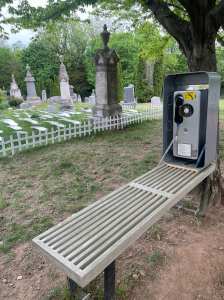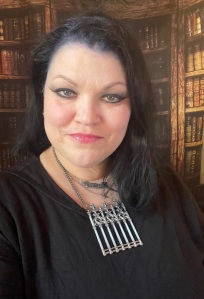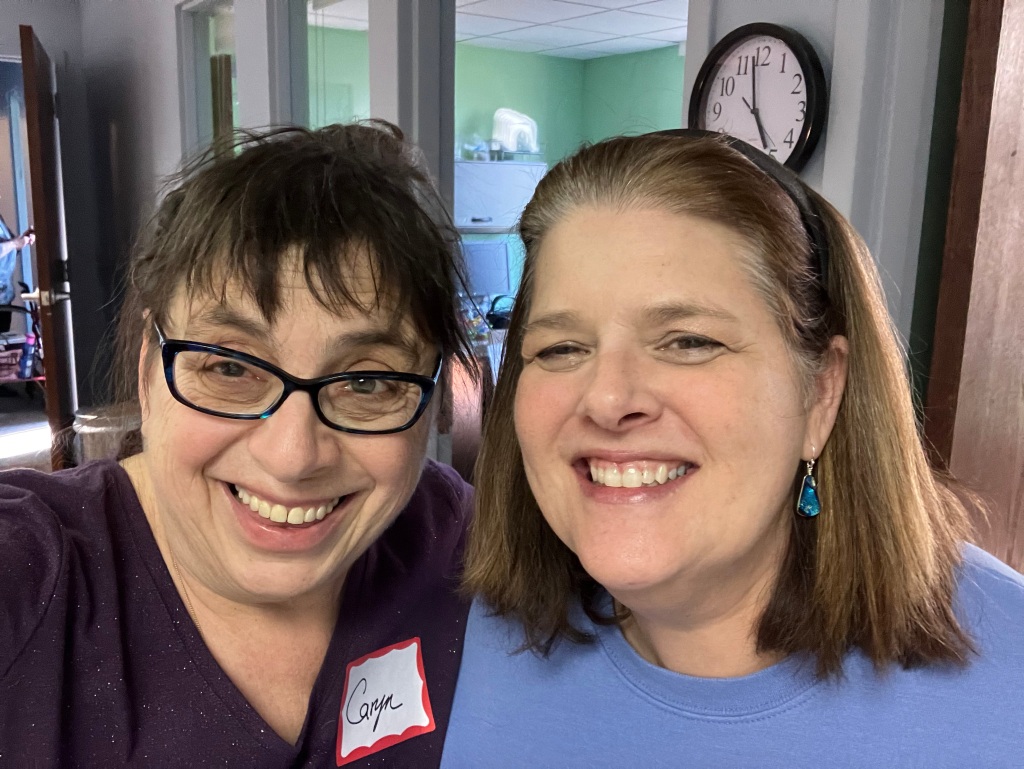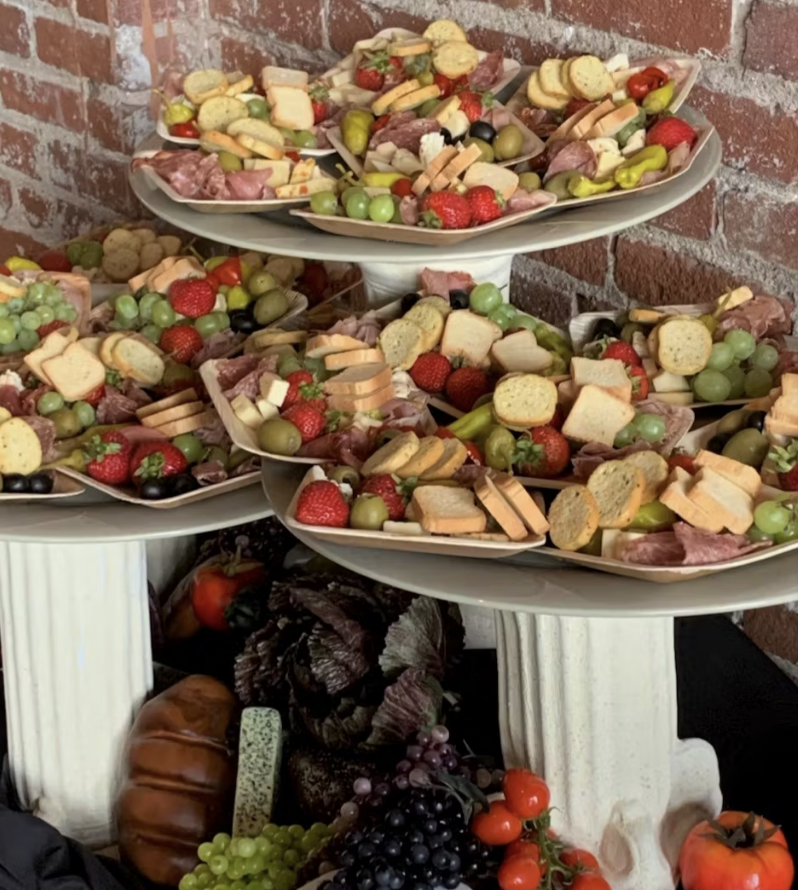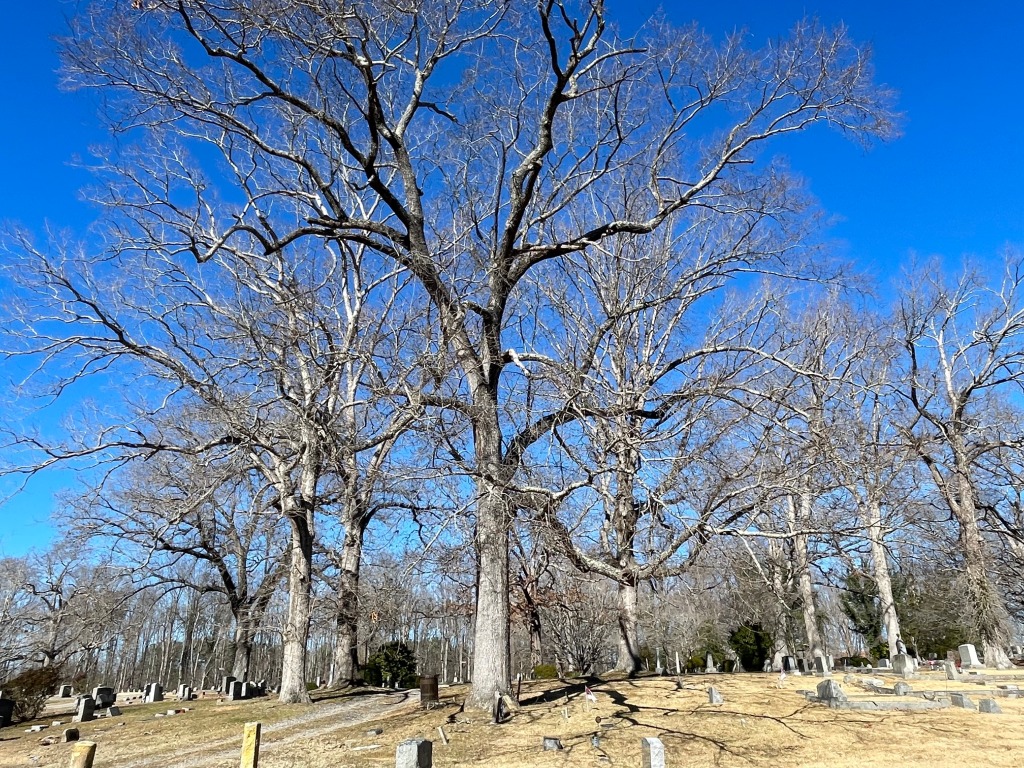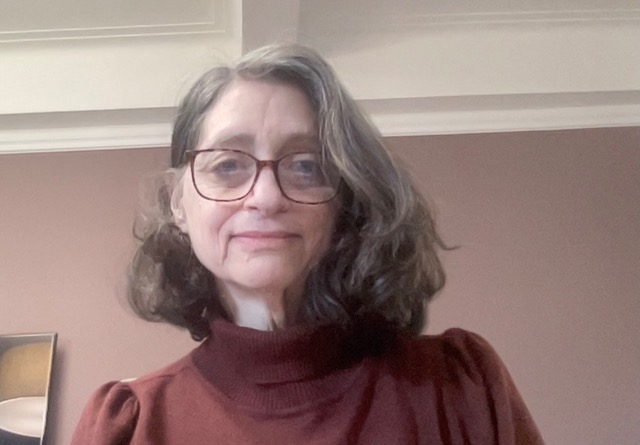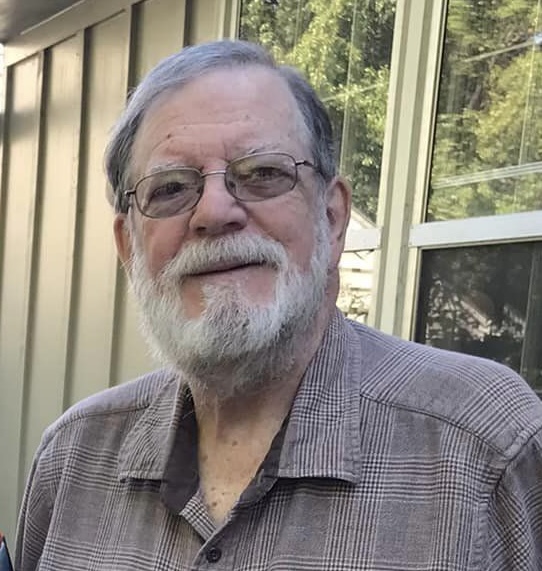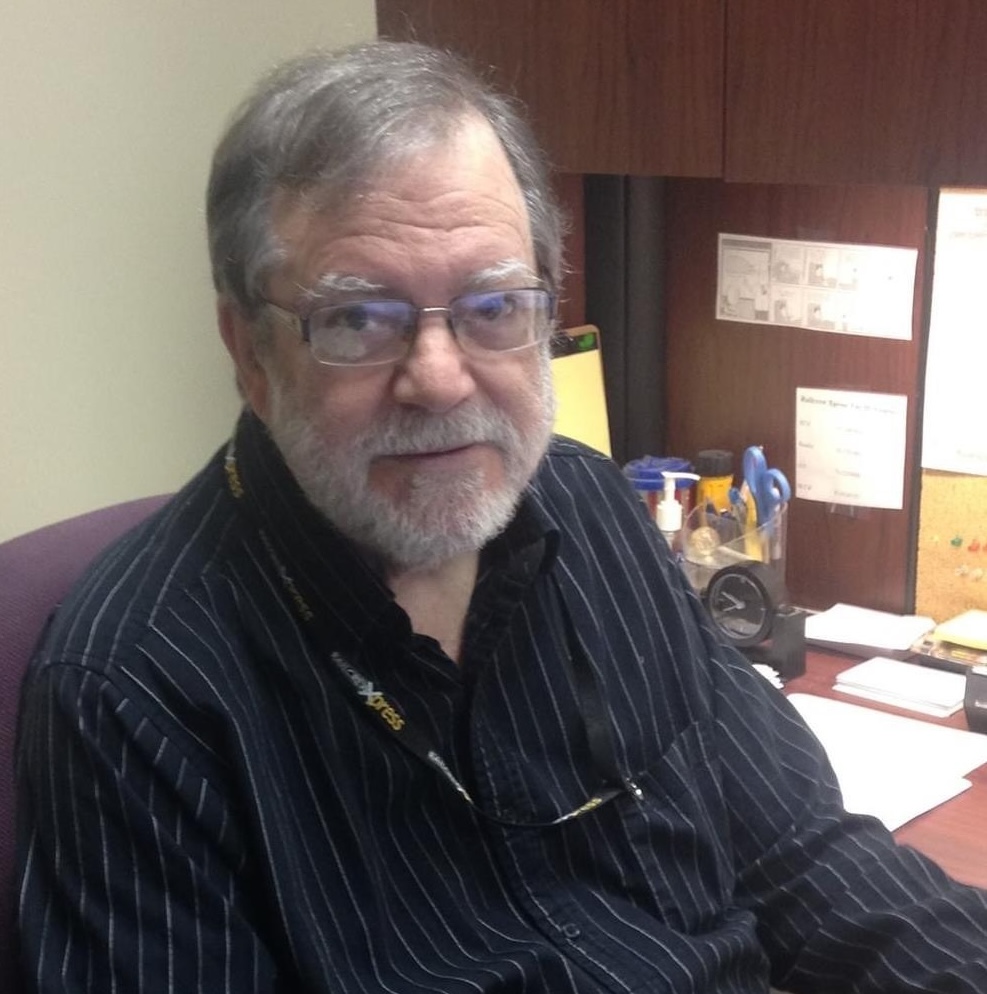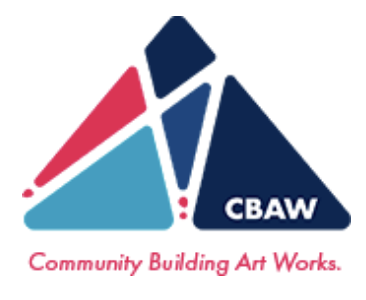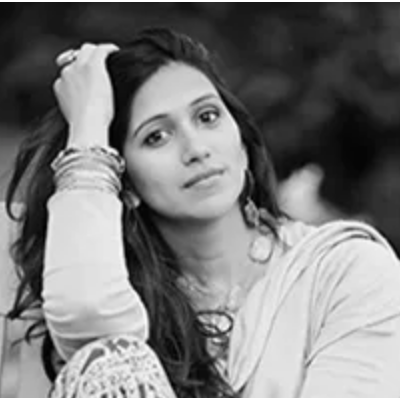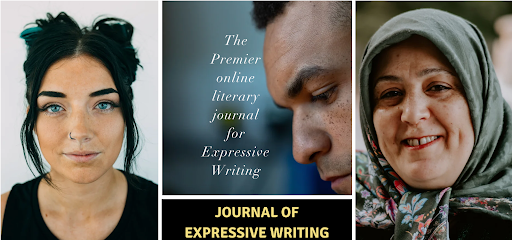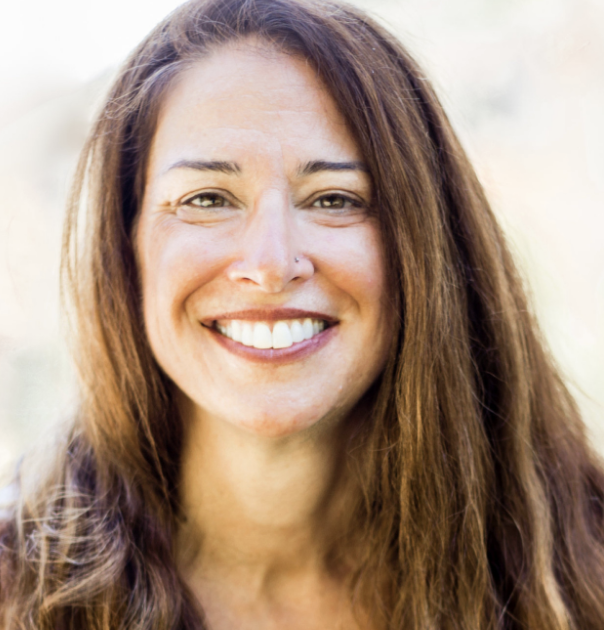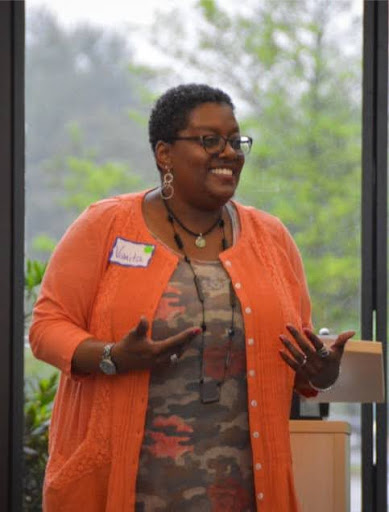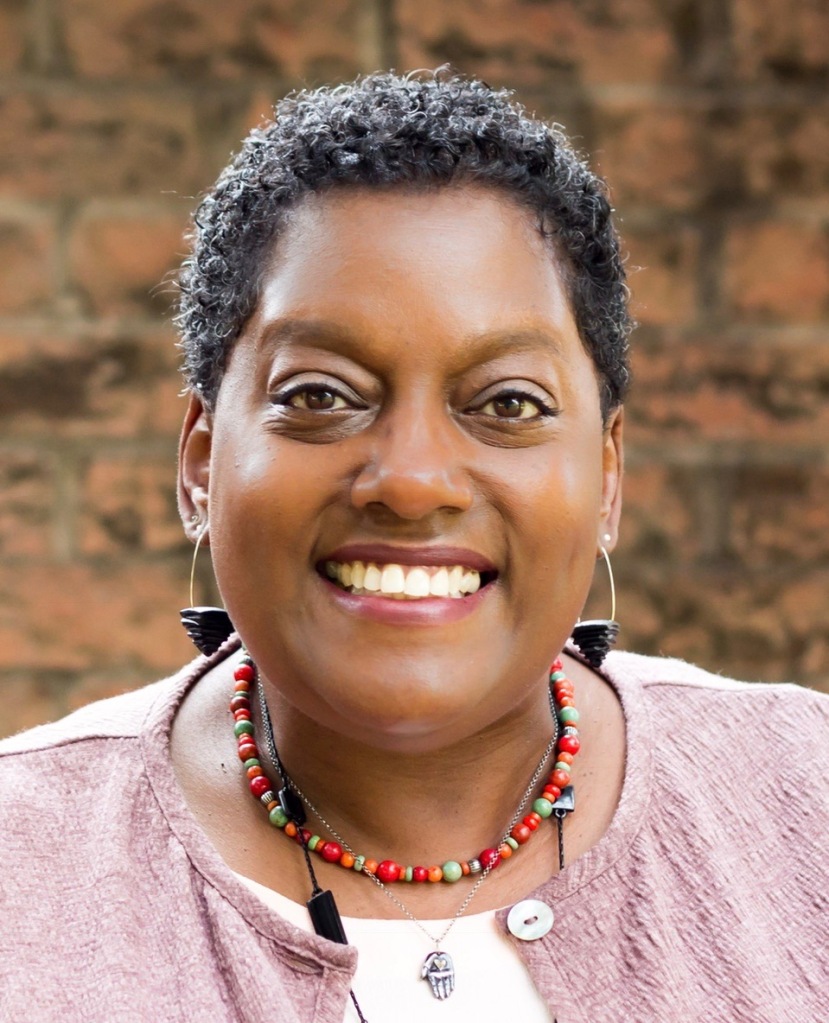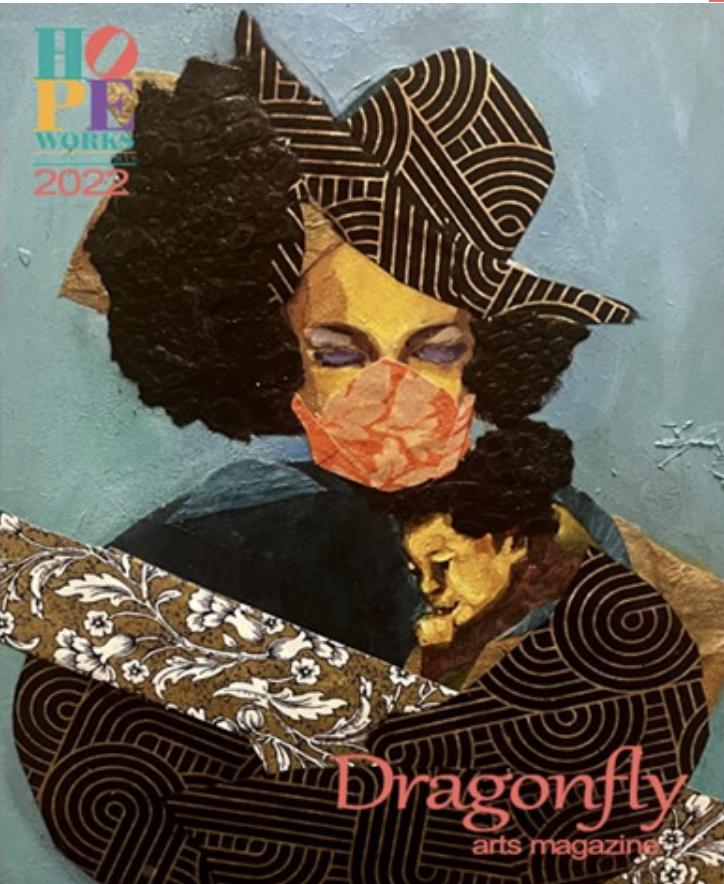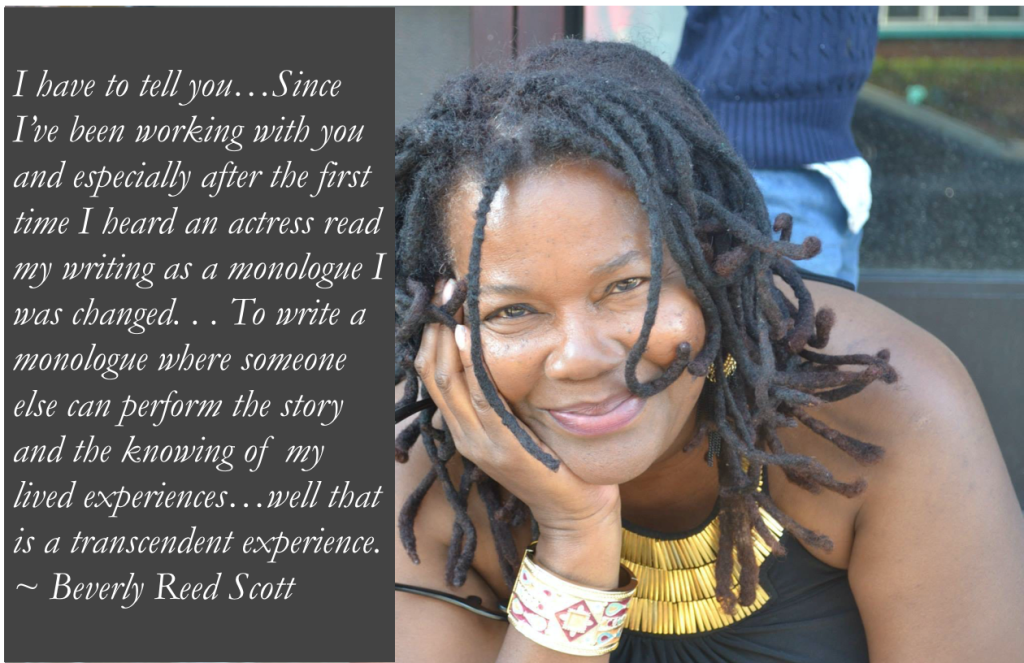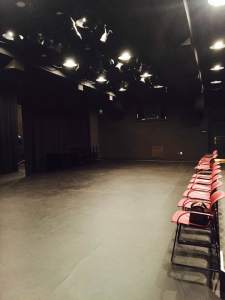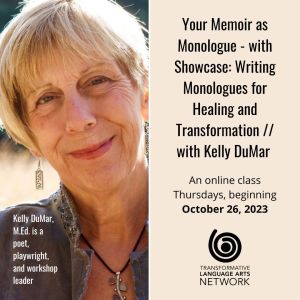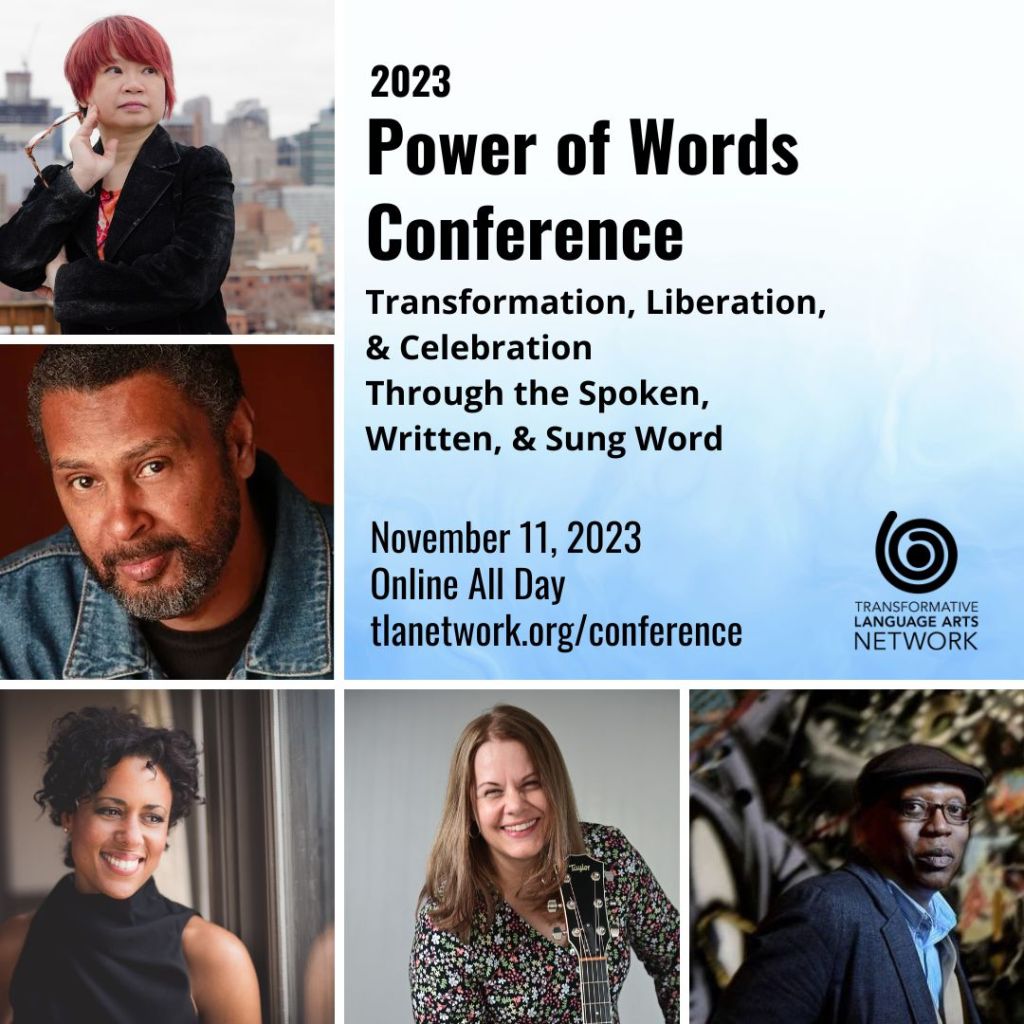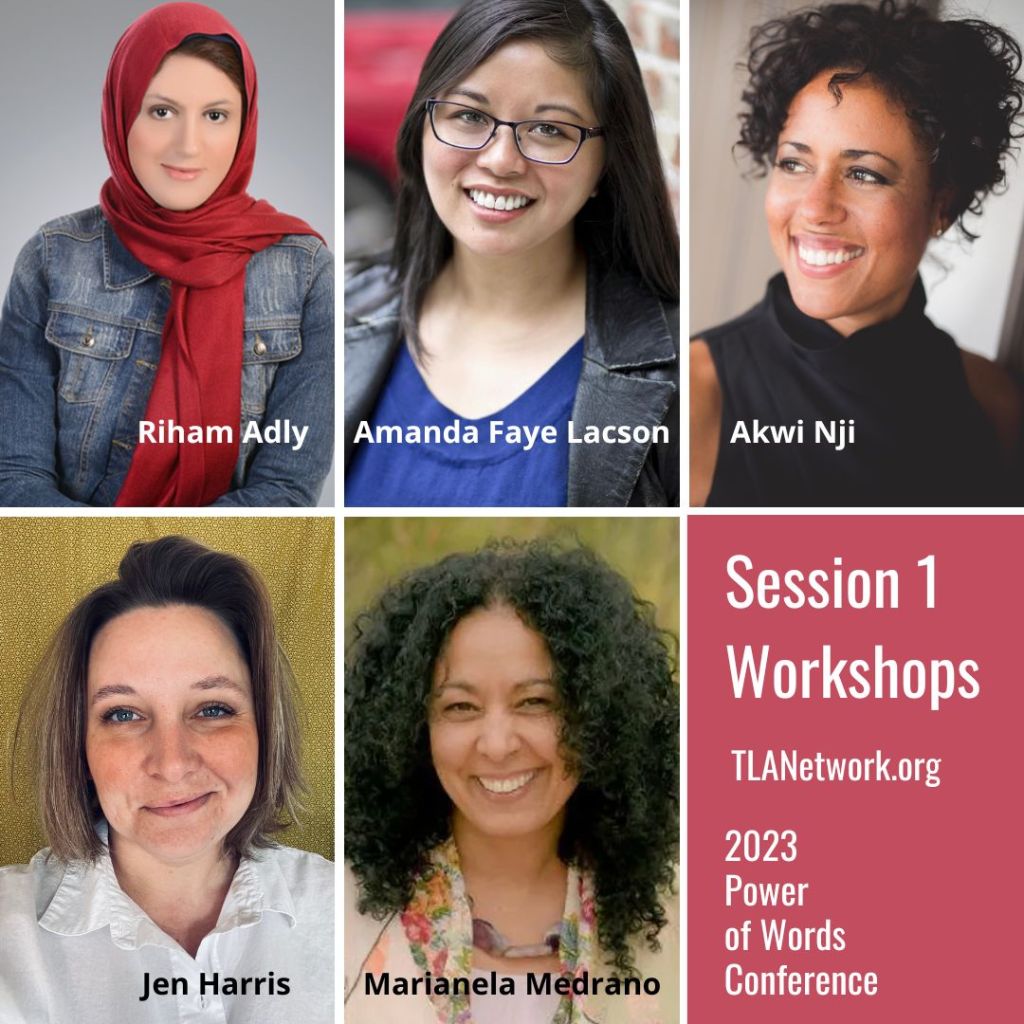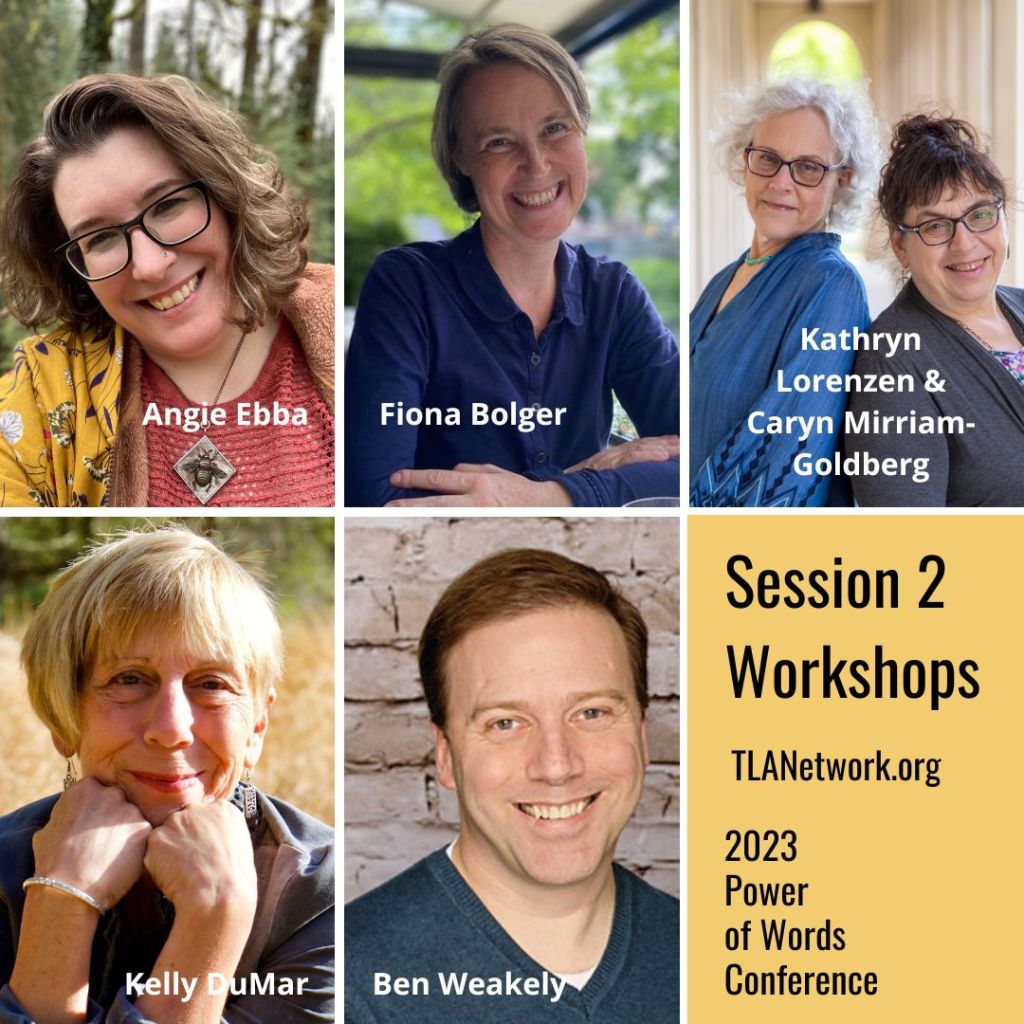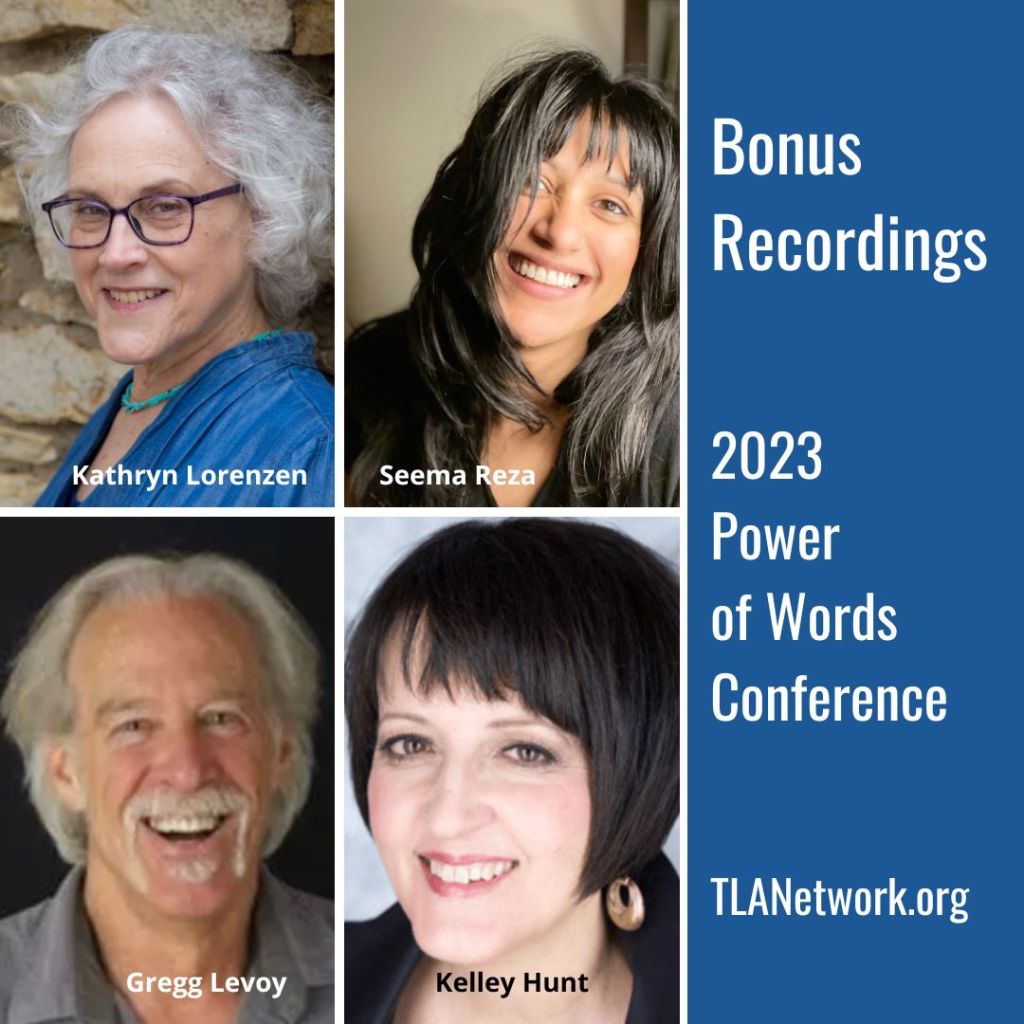Mom passed earlier this month. This past Sunday was the first day I was not visiting her at the nursing home or taking care of one of the many end-of-life tasks. Grief is different for everyone. I have felt so busy that I have not had enough time to sit with any of this. Even this Sunday, I attended Congressional Cemetery’s Tombs and Tomes Book Festival in Washington, D.C. I’m a literature professor and a cemetery historian; my books combine my love of words and the stories of those who came before us. Attending a book festival in a cemetery just seemed perfect. My mom was an avid reader. She read 200 books last year while in the nursing home so she would have approved. Plus, I signed up for the event months ago and I felt it would be good for me to go to the cemetery and get back to living. I write this with a smile—cemeteries are for the living as much as they are for the dead. Although cemeteries have been portrayed in media as dreary, dark, and frightening, they were our first public parks and during the Victorian era, they were intentionally designed as places not only to connect with loved ones who had passed but as places for relaxation and recreation. The book festival was set up outdoors, and throughout the event cherry blossoms gently fell onto my table and head. It felt like a kiss from nature.
A decade ago, I was trained and certified to become a master tour guide in Richmond, Virginia. I briefly worked for a local museum giving historic cemetery tours before deciding that I would rather work directly with cemeteries and then later starting a local cemetery group where we would meet in cemeteries and explore them together. My tours and my writing focus on uplifting narratives from the grave enabling others’ stories to be told once again.
The last few years have been challenging even after the pandemic. My mother had a mental health break that led to a diagnosis of dementia. She entered memory care. For a year and a half, when I was not teaching, I have been at the nursing home or helping my dad during this huge life change. Sunday was the main day that we all spent time together.
At the Tombs and Tomes Book Festival, I found many people like me—those who love stories, history, learning how to care for the environment, and getting to know people, those alive and dead. Many of us are associated with the Death Positive movement, meaning they who do not find it taboo or morbid to speak opening about death and dying. Congressional Cemetery even sells a variety of t-shirts—one reads “future resident.” These are totally my people.
Of course, this doesn’t mean that we do not grieve or that we are carefree about death. While selling books, one of the staff members and I struck up a conversation. When I mentioned that my mother had passed away, she shared that they had installed a wind phone allowing visitors to hold one-way conversations with departed loved ones. I had heard of wind phones but never experienced one myself. The idea is that visitors can sit at the phone booth, pick up the phone receiver and speak to those who have passed away. The original wind phone was created by garden designer Itaru Sasaki in 2010 to help him cope with the loss of his cousin.[1] Many others have been installed since that original one.[2]
After the festival, I packed away my books in my car along with a few stray cherry blossoms and sought out to find the wind phone. It is located near an art installation. There was a bench and what looked like an old pay phone. It was the first moment that I had to sit down with my feelings. Since I am not a speaking-out-loud processor and I do my best processing with a pen in my hand, I appreciated that Congressional Cemetery’s wind phone includes a journal that visitors can write in. I wrote my mother a note. It was a simple but profound activity. I sat by the wind phone surrounded by beauty. I said what I needed to tell her, and I was moved to tears considering her reading my message.
Writing a short message felt transformative, the very heart of TLA. I imagine that many who speak into the phone feel the same way. The cemetery’s wind phone enables us to have our own personal transformations but the installation of art and events in the cemetery transforms the community for the living.
[1] “Japan’s Wind Phone for Calling the Dead.” Atlas Obscura, Atlas Obscura, 11 Apr. 2017, www.atlasobscura.com/places/wind-telephone.
[2] Leah, Heather. “Raleigh’s First ‘wind Phone’ Allows Families to Call Lost Loved Ones at Oakwood Cemetery.” WRAL.Com, WRAL, 26 Nov. 2022, www.wral.com/story/raleigh-s-first-wind-phone-allows-families-to-call-lost-loved-ones-at-oakwood-cemetery/20613717/.
Sharon Pajka, PhD, is an English professor and a cemetery historian. Her writing combines her love of words and the stories of those who have come before us. She is the author of Women Writers Buried in Virginia (2021) and The Souls Close to Edgar Allan Poe: Graves of his family, friends, and foes (2023). She teaches courses in ghost stories and haunted history, dark tourism, literature by women, and media literacy.
